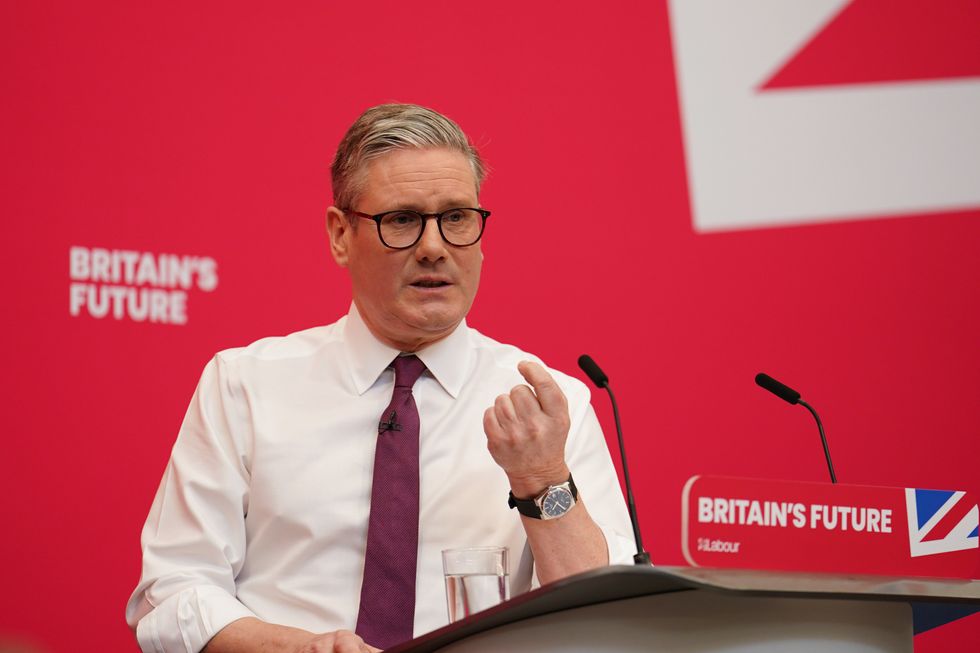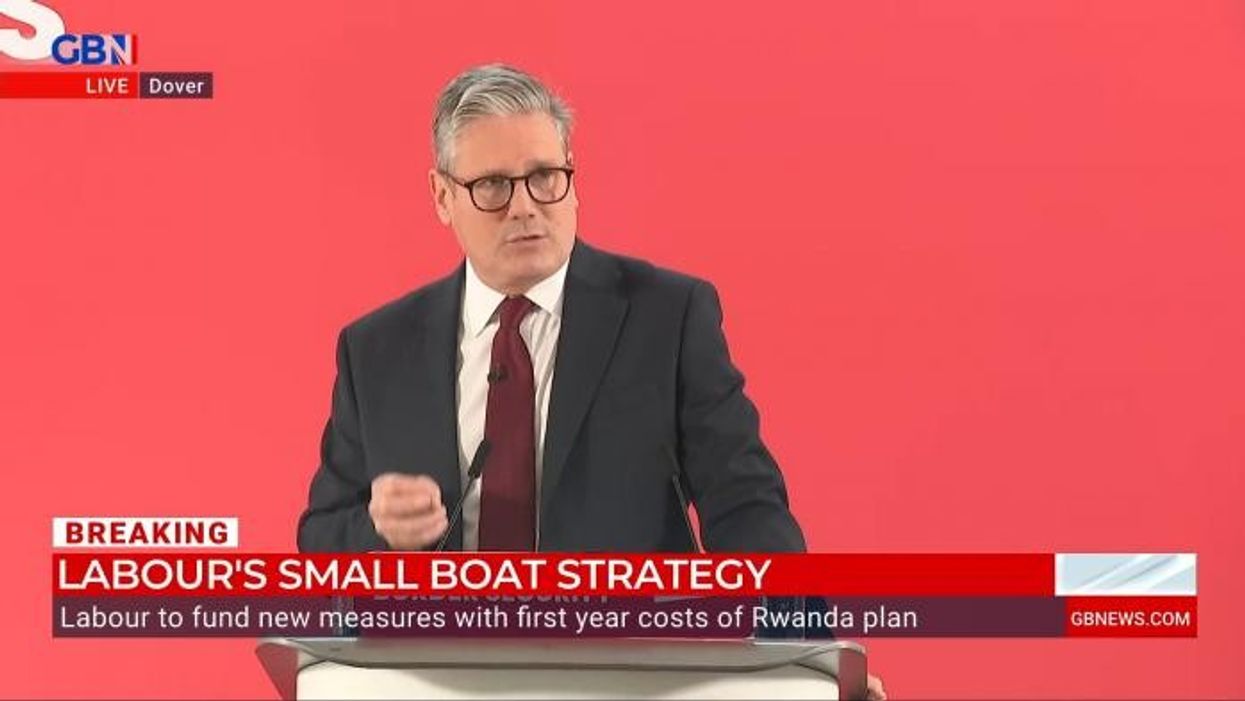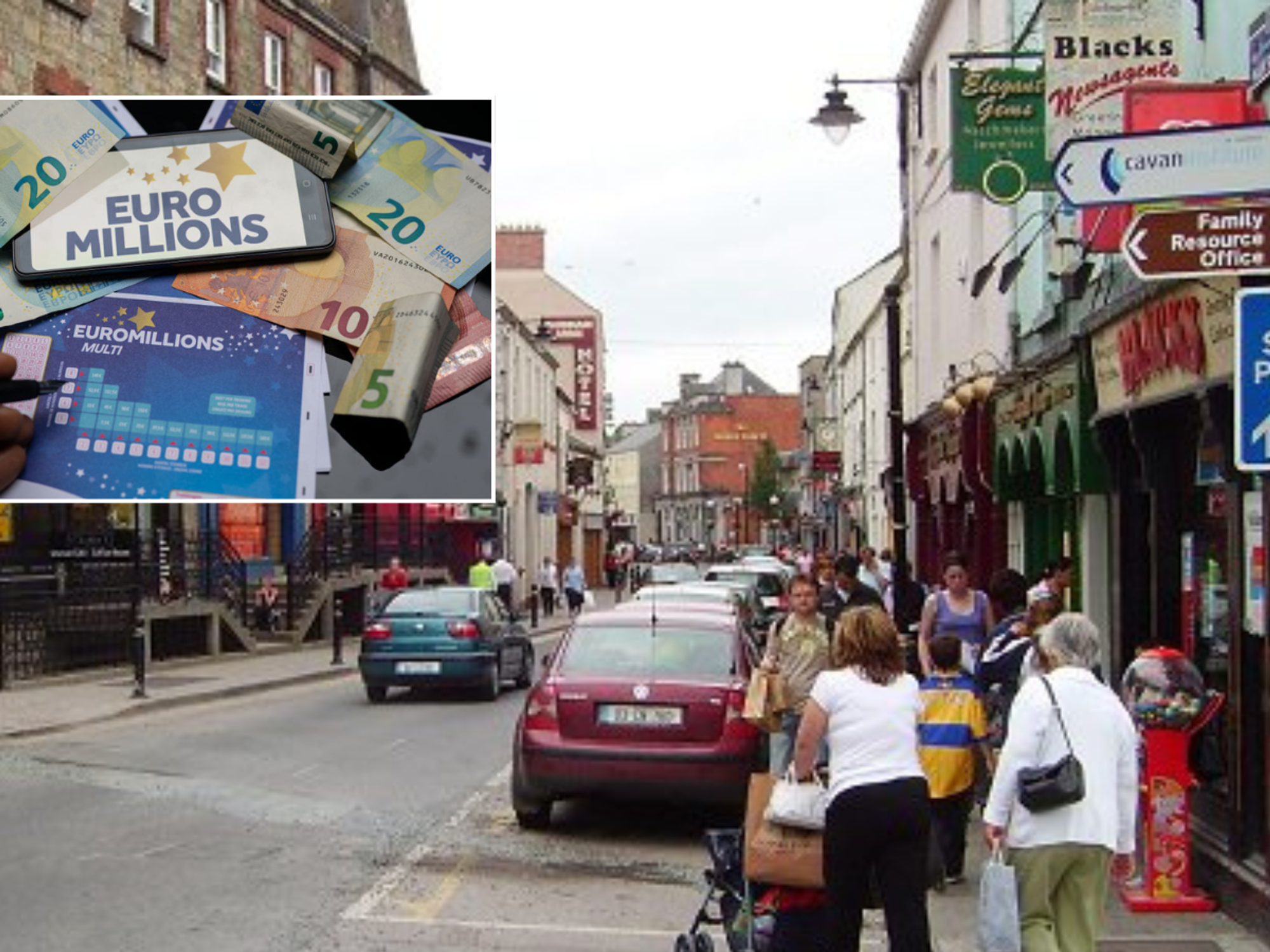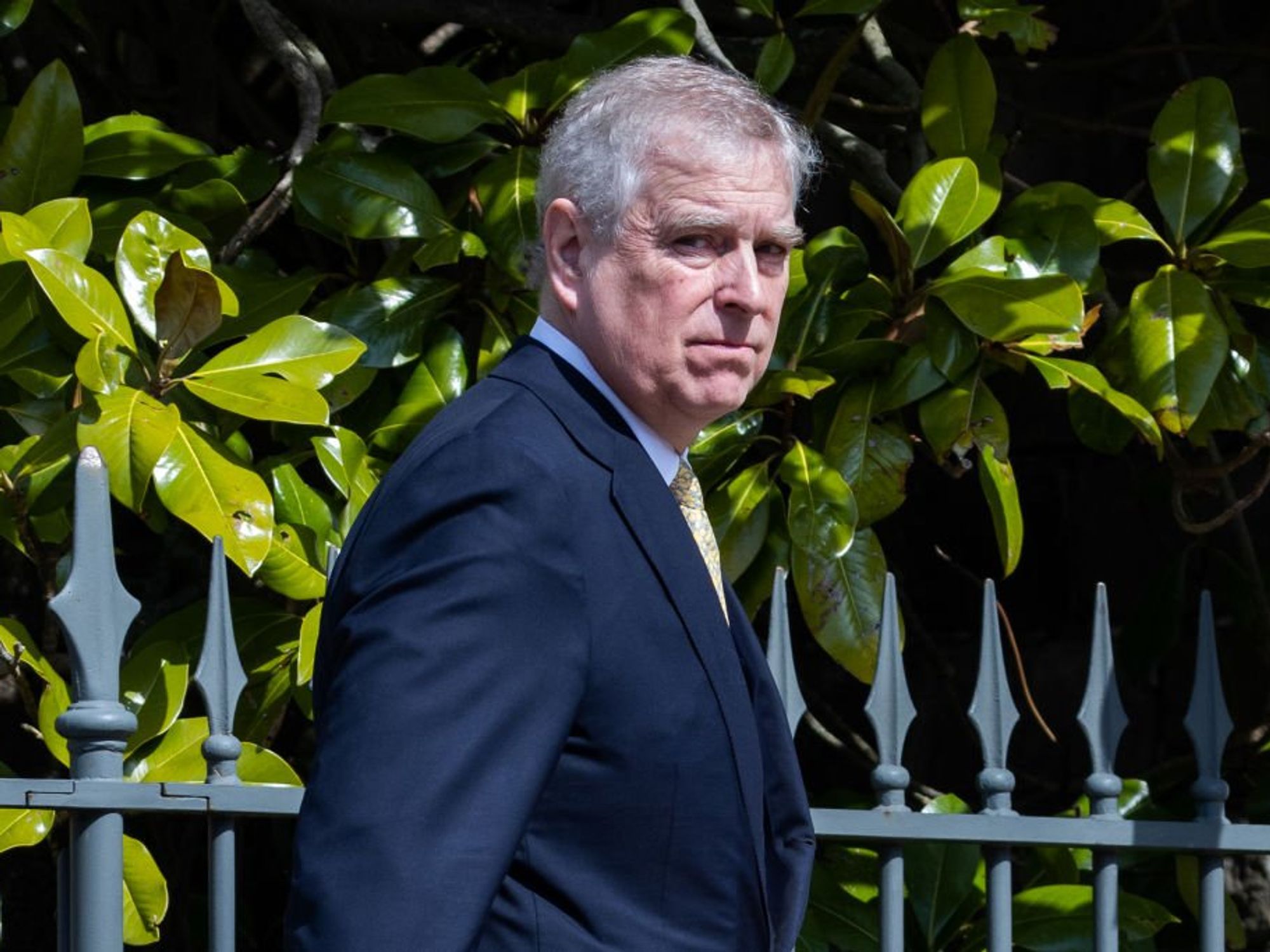The Rwanda plan is working - Labour's alternative is utterly impractical, says Dr Azeem Ibrahim
The Labour leader himself has acknowledged that flights to Rwanda are poised for takeoff
Don't Miss
Most Read
In a recent announcement, Keir Starmer revealed his replacement strategy for the Rwanda plan. Despite months of keeping details under wraps regarding his plans to combat smuggling gangs operating across the English Channel, the truth behind his reticence has finally emerged.
The Rwanda initiative has begun to yield results. Illegal migrants no longer perceive the UK as an easy target. Instead, they are diverting towards Ireland, a trend that signals a significant deterrence effect. Some are even returning to France, further highlighting the effectiveness of the Rwanda strategy. These deterrent effects will inevitably manifest in reduced instances of channel crossings.
Starmer himself has acknowledged that flights to Rwanda are poised for takeoff. Yet, he critiques the scheme's cost. So, what does he propose to replace it?
His alternative involves reallocating funds earmarked for Rwanda—funds proven to deter channel crossings—towards a new taskforce targeting smuggling gangs. However, this taskforce offers little novelty. It essentially mirrors the existing Small Boats Operational Command, duplicating efforts already undertaken by the Home Office to disrupt criminal gang operations. They already seize equipment, collaborate with European counterparts, and attempt to disrupt financial flows.

Starmer himself has acknowledged that flights to Rwanda are poised for takeoff
|PA
Starmer's plan lacks innovation. Smugglers will merely adjust their tactics accordingly.
Drawing parallels with the US's trillion-dollar war on drugs, which primarily targeted and dismantled drug cartels, reveals the fallacy that policing is more cost-effective than deterrence. As long as demand persists, supply will find a way to meet it. Human trafficking, being more profitable than drug trafficking, presents a challenge as seized human cargo can be replaced and attempts at crossings can be repeated. With burgeoning populations in developing nations and the impacts of climate change pushing people westward, offshore processing akin to Rwanda emerges as not a mere gimmick but as Britain's only viable option for the future.
A thorough study by the Henry Jackson Society underscores the potential repercussions of Starmer's proposed changes, estimating up to 250,000 additional migrants per year, including nearly 130,000 from prospective deals with the EU. The study identifies in Starmer a persistent reluctance to tackle those exploiting the system.
Furthermore, Starmer's plan entails repealing the Illegal Migration Act, potentially enabling asylum applications from those arriving via small boats. Rather than deter channel crossings, this move incentivises such journeys. Home Secretary James Cleverley who has been diligently bringing the Rwanda plan to fruition, has staunchly opposed this, characterising Starmer's plan as an "amnesty," which could open the floodgates to tens of thousands of additional applicants annually.
Starmer's plan disregards incentives and fails to address the underlying factors propelling individuals across the channel. His proposed 'solution,' tried and tested repeatedly, is the true gimmick here.











